
Seacole was born in Kingston to a Creole mother who ran a boarding house and had herbalist skills as a “doctress”. In 1990, Seacole was (posthumously) awarded the Jamaican Order of Merit. In 2004, she was voted the greatest black Briton in a survey conducted in 2003 by the black heritage website Every Generation .
Seacole went to the Crimean War in 1855 with the plan of setting up the “British Hotel”, as “a mess-table and comfortable quarters for sick and convalescent officers”. However, chef Alexis Soyer told her that officers did not need overnight accommodation, so she instead made it into a restaurant/bar/catering service. It proved to be very popular and she and her business partner, a relative of her late husband, did well on it until the end of the war. Her 1857 memoir, Adventures of Mrs Seacole in Many Lands, includes three chapters of the food she served and the encounters she had with officers, some of them high-ranking, and including the commander of the Turkish forces.
Mrs Seacole missed the first three major battles of the war, as she was busy in London attending to her gold investments—she had arrived from Panama, where she had provided services for prospectors going overland to and from the California Gold Rush. She gave assistance at the battlefield on three later battles, going out to attend to the fallen after serving wine and sandwiches to spectators.
In her memoir, Mrs Seacole described several attempts she made to join that team; however, she did not start her informal inquiries until after both Nightingale and her initial team, and a later one, had left. When Seacole left, it was with the plan of joining her business partner and starting their business. She travelled with two black employees, her maid Mary, and a porter, Mac.
She was largely forgotten for almost a century after her death. Her autobiography, Wonderful Adventures of Mrs. Seacole in Many Lands (1857), was the first autobiography written by a black woman in Britain. The erection of a statue of her at St Thomas’ Hospital, London, on 30 June 2016, describing her as a “pioneer”, generated some controversy and opposition, especially among those concerned with Florence Nightingale’s legacy.
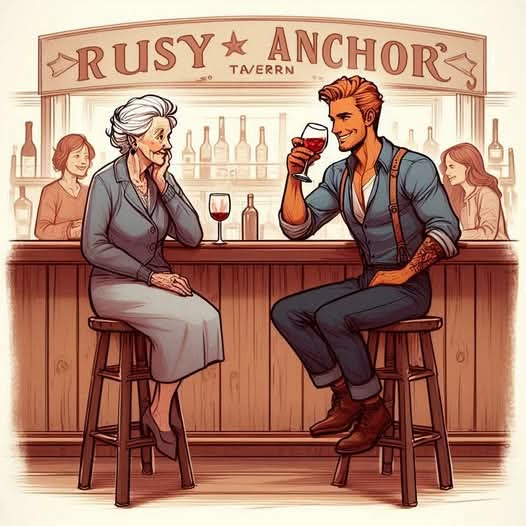


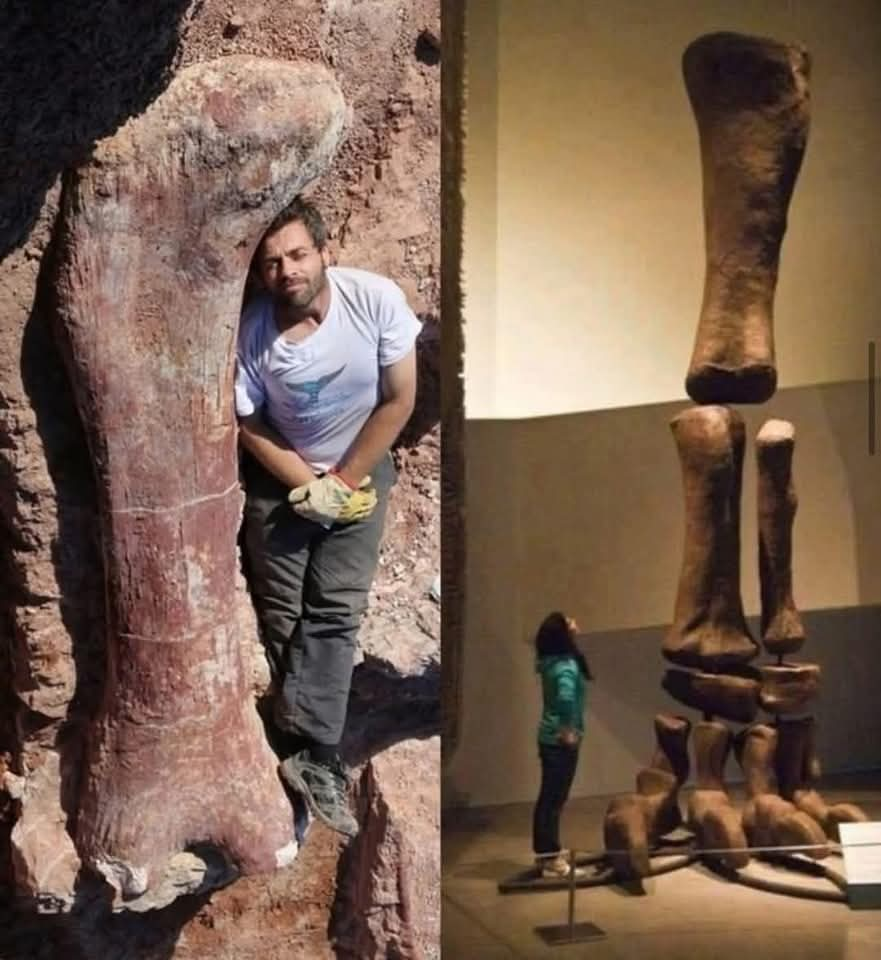
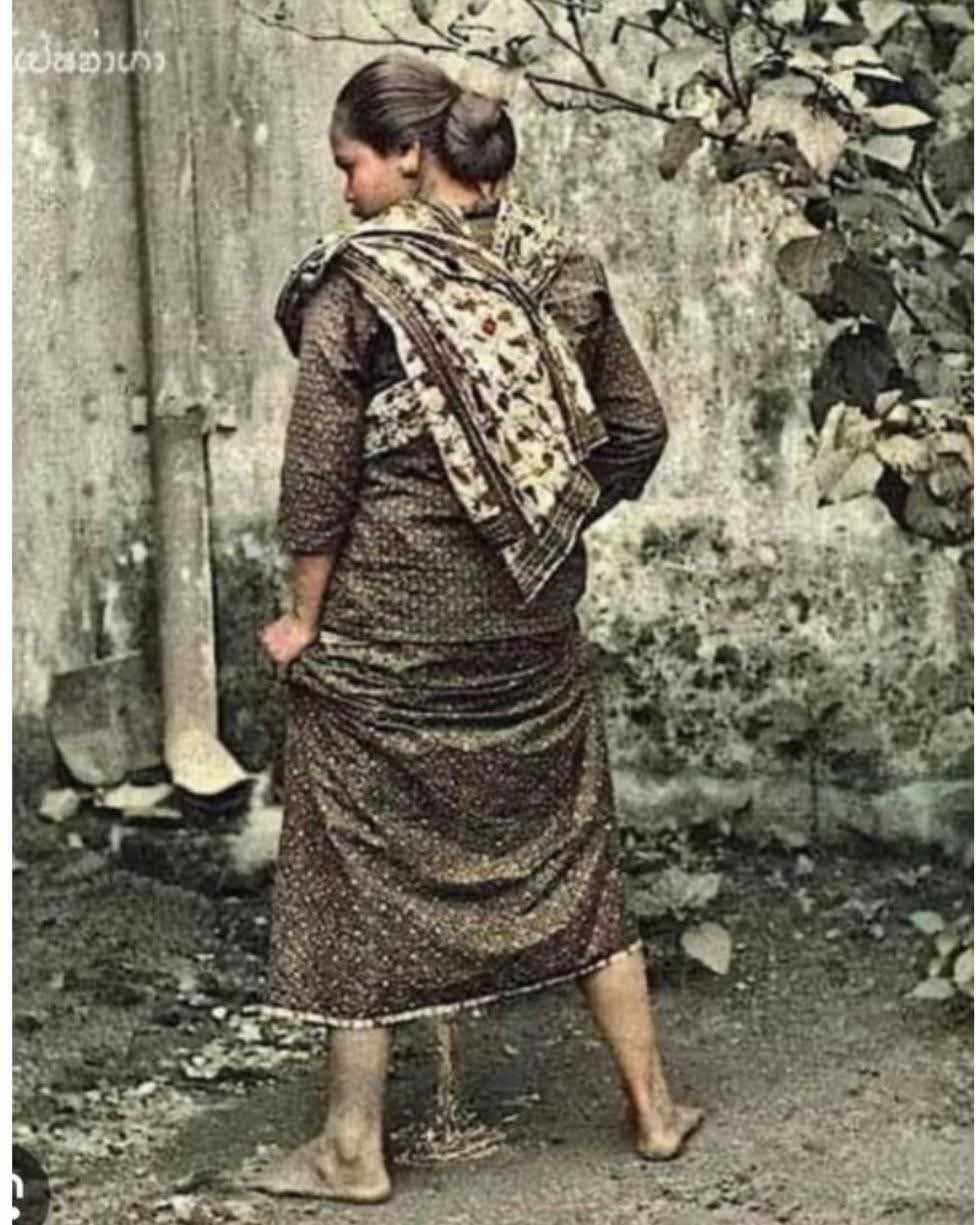


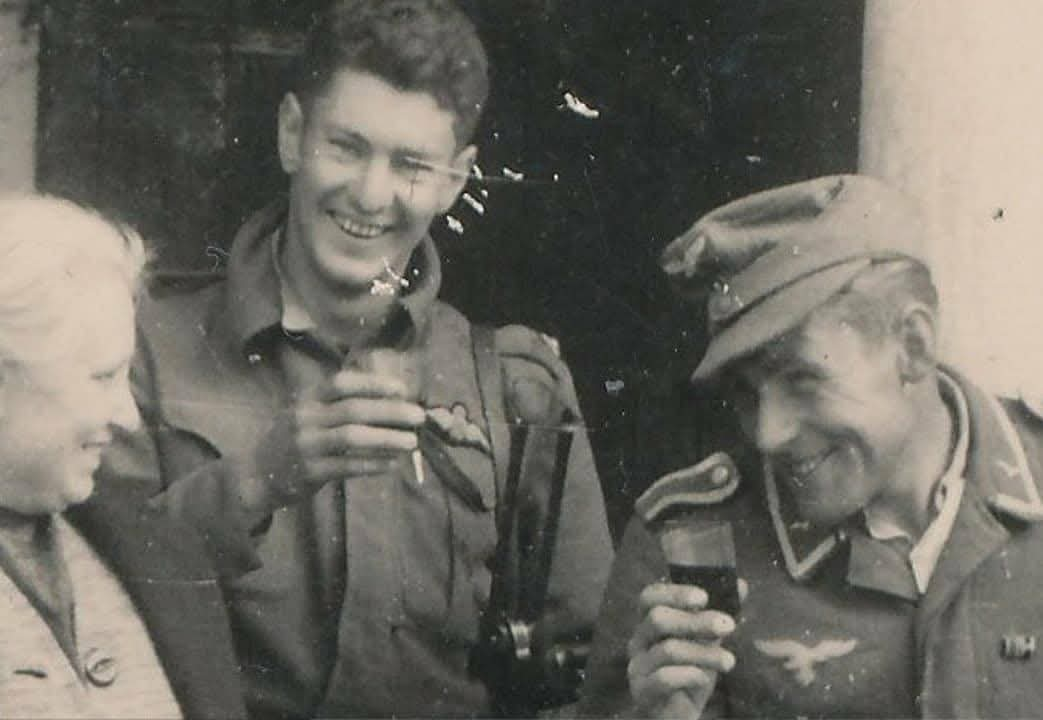
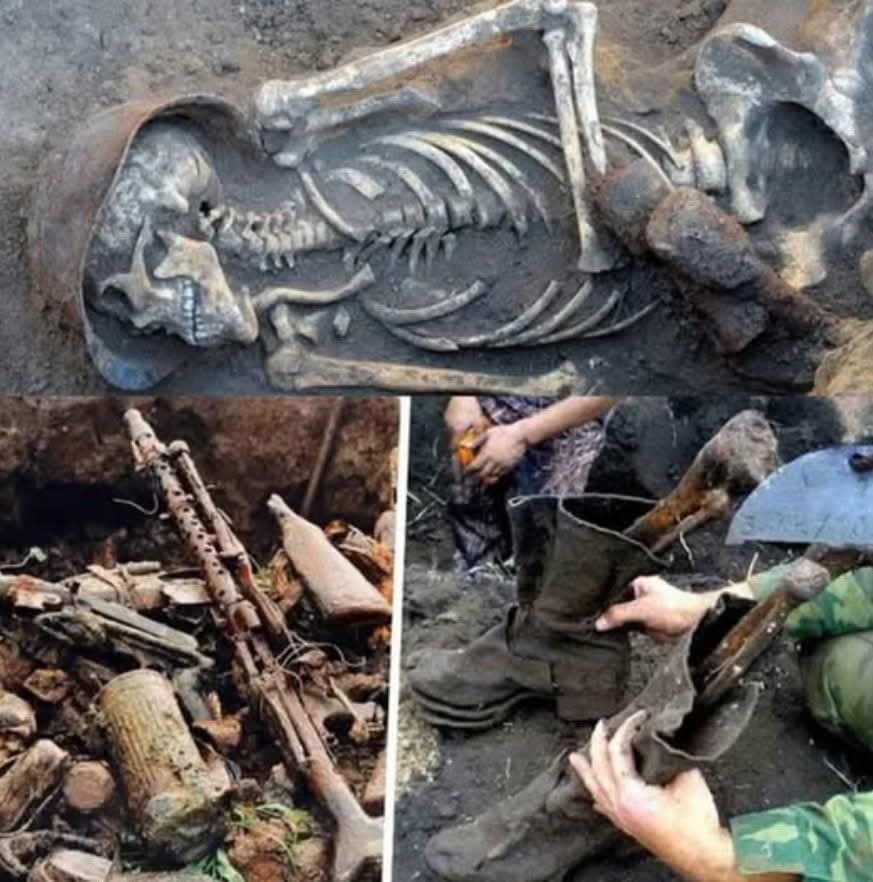

Leave a Reply